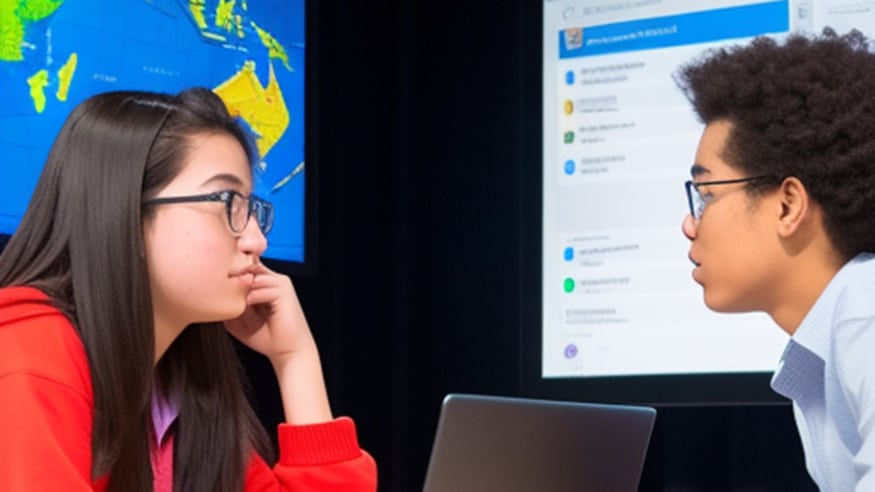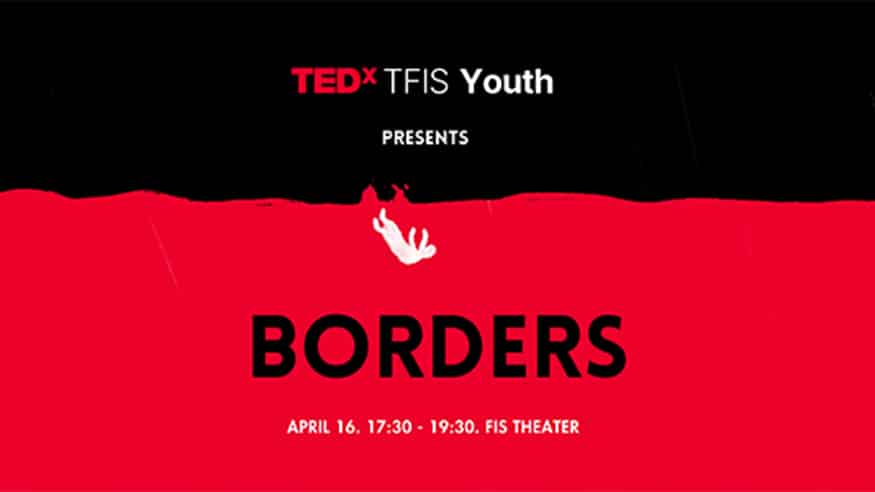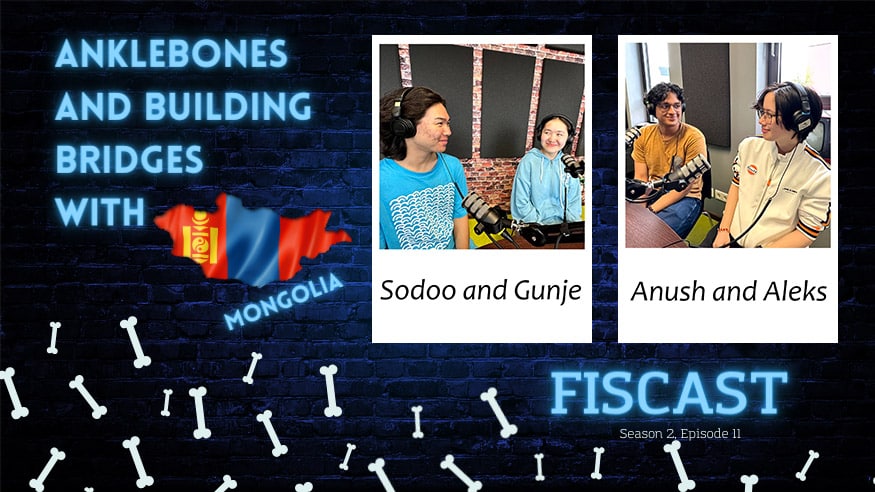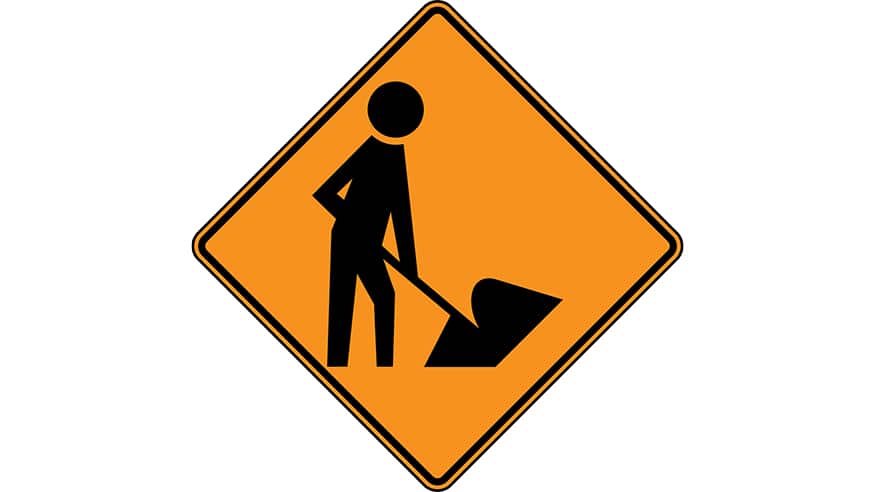I am delighted to continue our exploration into the world of Artificial Intelligence (AI) and its impact on education and society. In this third article on the topic, I am honored to share the perspectives and thoughts of our G10 students, Emma Hey, and Nikita Stepanenko, on the role of critical thinking in AI and its relevance to our evolving educational landscape.
During an insightful conversation, Emma emphasized the importance of embracing AI as an integral part of our future. She astutely stated, “It doesn’t make sense to ignore AI because it will be a significant part of our lives. As a community, we should embrace its potential and be mindful of the opportunities it presents.” Emma recognizes the need to engage with AI while being aware of the risks associated with its development and usage. Nikita, providing his perspective on critical thinking, highlighted its crucial role in the use and development of AI: “Having a critical view on AI is essential, as many people fail to grasp its true potential. It is vital to acknowledge its applications in various fields and understand its impact on our lives.” Nikita emphasizes the importance of understanding AI’s capabilities and limitations, and the need for human oversight to ensure responsible and ethical use.
Emma’s and Nikita’s perspectives underscore the significance of fostering critical thinking skills in our students. Our students recognize that while AI can analyze and synthesize information, it cannot replicate the depth of human cognition. Critical thinking enables us to add our own perspectives, evaluate sources, and navigate the ethical considerations and biases inherent in AI technology.
Emma and Nikita further emphasized the importance of active involvement in the development and use of AI. Emma stated, “We must be a part of the process of developing facial recognition and other technologies while being mindful of the risks they pose.” By actively participating in the development of AI, students like Emma ensure that the technology is shaped with a deep understanding of its potential impact. Nikita reinforced this notion by reminding us that AI is ultimately a tool created and controlled by humans, highlighting the need for human oversight and responsibility. “AI is ultimately a tool made by people, and it is up to us to ensure its responsible use. We need to have a critical mindset to evaluate its implications and avoid the misuse of this technology.”
As an educational institution, we are dedicated to cultivating critical thinking skills in our students. We aim to empower them to navigate the complexities of AI, comprehend its potential, and actively shape its development and application.
Thank you for joining us on this journey of discovery and innovation. I express my gratitude to Emma and Nikita for sharing their invaluable insights and contributing to our collective understanding of the intersection between critical thinking and AI.
Keeping with the theme, the photo for my article today was fully generated by AI.
Liam Browne
Head of School





